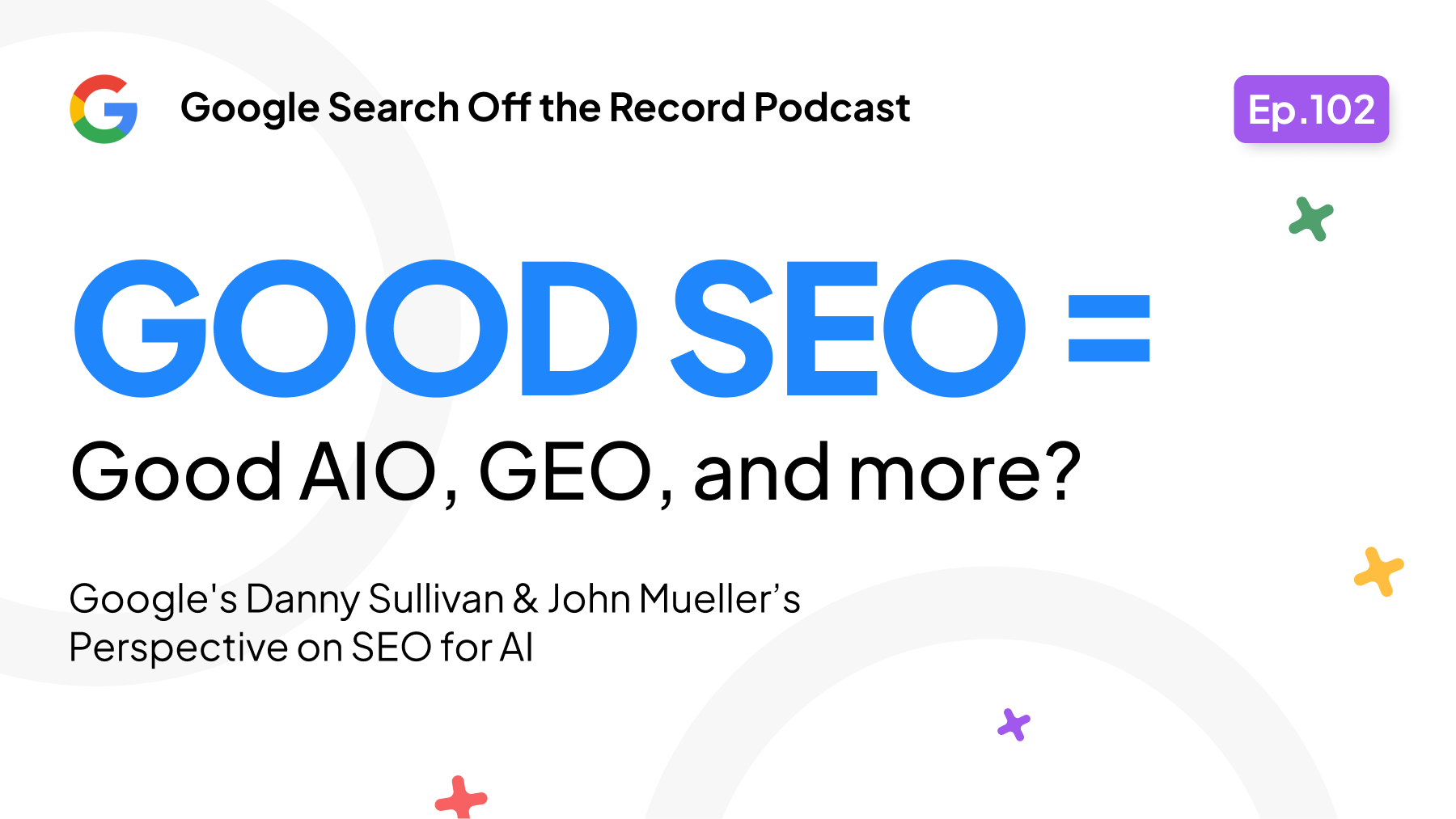Google Updates SEO Starter Guide Documentation

Google has revamped its SEO starter guide documentation to be more concise. This update will cater to SEO beginners as it's now simpler and more straightforward.
Published at Apr 04, 2024 11:04
Key Takeaways
-
Google announces an update to its SEO starter guide.
-
The update aims to shorten and simplify the discussed topics to better suit SEO beginners.
-
Google also eliminates some unnecessary SEO theories that are not crucial for achieving rankings.
-
This update has garnered numerous responses from SEO practitioners via forum X.
On February 2, 2024, Google announced an update to its SEO starter guide to better cater to beginner audiences.
Originally created in 2008, this guide underwent updates in 2010 and 2017. Now, the document has been refreshed with shorter and simpler content.
What's Updated?
Google's SEO starter guide, initially a 22-page PDF tailored to serve as a reference for SEO novices based on Google's rules, has been given a makeover.
However, in this update, Google declared that the guide is now condensed and focuses on basic SEO topics to aid beginners.
Here are some changes Google made - removals, summarizations, and additions:
Removed Sections
In their announcement, Google listed several sections of the SEO starter guide that were removed:
- Glossary: Previously, Google included a glossary in its guide. However, now these terms are explained directly within each context, rendering a glossary unnecessary.
- Structured Data: Google deemed this topic too technical for beginners and hence not crucial to include in the SEO starter guide.
- Mobile-Friendliness Topic: Google also considered that by now, most websites have adopted mobile-friendly approaches, making it unnecessary to discuss in this guide.
- Site Performance Analysis: The topic of analyzing site performance is seen as advanced. Therefore, Google recommends mastering the basics of SEO before delving into advanced topics like analyzing a site.
Summarized Sections
Aside from removing some sections deemed irrelevant, Google also condensed certain sections in the guide to keep it concise and focused on the core guidelines. Here are some sections of the SEO starter guide that were summarized:
- "Is Your Site on Google?": This section was simplified into one part covering how to check if a site is on Google.
- "Do I Need SEO?": This part was summarized into just 2 sentences because Google has a separate page discussing this topic comprehensively. Additionally, Google also trimmed the snippet and title link sections for the same reason.
- Image Section: This section was shortened with a focus on alt text for beginners. If users wish to learn more about images and best practices, Google provides a separate guide.
- Link Section: Without compromising the conveyed message, Google concentrated more on the benefits of link usage.
Added Content
In addition to removals and summarizations, Google also added new discussions to the SEO starter guide. Here's the list:
- Duplicate Content Discussion: Google added a definition of duplicate content and ways to fix it.
- SEO Theories: A new addition by Google is the section "Things you should not focus on." In this section, Google emphasizes some theories that shouldn't be overly focused on in SEO techniques. Some of these include meta keywords, keyword stuffing, PageRank, content length, and others.
Some of the above updates are deemed to simplify the learning process of SEO basics in line with Google's values. However, for SEO experts, the guide may seem too basic.
SEO Specialists' Response
As usual, when Google makes updates, SEO experts discuss and share their opinions. Here are some user opinions we gathered from forum X:
Google's E-A-T is one of the points emphasized by SEO practitioners. This is because Google mentions it in the "things not to focus on" category. However, this contradicts the theory that E-A-T is an important ranking factor.
From the X discussion screenshot above, it's evident that users are still confused about understanding Google's intent regarding content.
On several occasions, Google has encouraged website owners to write content solely to meet user needs. However, with this guide, Google seems to be pushing web owners to write content with the aim of getting rankings.
In addition to criticizing Google, many X users also expressed that this guide can assist beginners in implementing SEO. Fortunately, Google also includes SEO theories that don't need attention.
Thus, here's the announcement regarding Google's SEO starter guide changes aimed at beginners. Moving forward, Google will also create clearer documentation as a guide for website owners and marketing teams to understand how Google works.
Article Sources
As a dedicated news provider, we are committed to accuracy and reliability. We go the extra mile by attaching credible sources to support the data and information we present.
- Google Developers: "SEO Starter Guide Updated": https://developers.google.com/search/blog/2024/02/ssg-gets-a-makeover?hl=id
- Discussion on X: https://twitter.com/googlesearchc/status/1753438385325162661
Risca Fadillah
As an SEO Writer, I stay up-to-date with the latest SEO practices and industry insights to craft content that is search-optimized, credible, and genuinely valuable, designed to perform at its best on SERPs.
Another post from Risca
Collaboration cmlabs x Kingdee, a Leading Chinese ERP Company, Expands Global ERP Access in Indonesia
Tue 10 Feb 2026, 10:15am GMT + 7Good SEO Is Good AIO? Google's Danny Sullivan & John Mueller’s Perspective on SEO for AI
Mon 05 Jan 2026, 15:42pm GMT + 7Example of Customer Loyalty Programs to Attract Repeat Orders
Tue 30 Dec 2025, 15:21pm GMT + 7Marketing Qualified Leads: Characteristics & How to Get Them
Tue 30 Dec 2025, 15:18pm GMT + 7More from cmlabs News your daily dose of SEO knowledge booster
In the development of its latest search engine, Bing has partnered with GPT-4 to deliver the most advanced search experience. Here are the details.
Bard, an experimental conversational AI service, combines information with language model intelligence. Check out the details here.
With the rapid advancement of AI technology, major search engines like Google and Bing are now equipped with their respective generative AI. Here is the detail.
WRITE YOUR COMMENT
You must login to comment





All Comments (0)
Sort By